Michigan’s winter harvest is a sweet ice wine
When the temperatures drop, our spirits rise in northern Michigan wine country.
Germany is known for their Eiswein, and so is Canada. But did you know that Michigan has been turning frozen grapes into liquid luxury since 1983? When you learn a bit about the process, you’ll understand why ice wine is worth its weight in gold.
What is ice wine?
A true ice wine is made from grapes left on the vine until harvest and pressed while frozen.
How is ice wine harvested and produced?
In autumn, winemakers must decide whether to gamble on producing an ice wine. If they leave the fruit on the vine, it must be protected from wildlife, wind and damage while they wait for winter. Growers take quite a risk leaving grapes on the vine after the fall harvest. It’s not only a risk to the crop but to the vine itself. According to Chris Lopez of Black Star Farms, grapes left to ripen past harvest require so much energy from the vine and the roots that sustain it, that it can cause a smaller harvest in subsequent years or possible loss of the vine itself.
In order to harvest, local winemakers prefer to wait until temperatures fall below 15℉ for a minimum of two days to make a true Michigan ice wine. The calls go out around 2am for the dedicated staff and friends to join the harvest among the vines before dawn. Fruit is picked by hand in the snowy vineyards.
Upon picking the grapes are as hard as marbles. They are brought to the winery and pressed outside in the cold in high pressure. Black Star Farms uses a hydraulic basket press. Another winery known for their Michigan ice wine is Chateau Chantal. Here winemaker Brian Hosmer utilizes a typical press, but with a different cycle.
Instead of hours, it can take days to press fruit for Michigan ice wine as each grape will yield not much more than a drop. This produces a juice more highly concentrated with sugary sweetness.
Why is ice wine more expensive?
In a typical year at Black Star Farms they might leave 4 – 5 tons of fruit on the vine, but by the time it’s picked for pressing they end up with 1.5 tons. When you factor in the potential loss of grapes, the perfect conditions required for harvest, and the additional labor, it’s easy to see why ice wines are so valuable, or as some might say, expensive. But once you’ve had a sip of this deliciously sweet nectar from the vine you’ll know it’s also worth every cent.
For a more affordable option, look for winter harvest wines. These are made from a late harvest grape that is frozen after picking, but not on the vine. While a half bottle of ice wine may sell for $98 a winter harvest will be closer to $50. There’s much debate as to whether or not the quality of the wine is better one way or another. But most will agree, it’s not Ice Wine unless it’s frozen on the vine.
Which grapes are used in Michigan ice wine?
The Leelanau and Old Mission Peninsulas have long been known for producing Late Harvest Riesling wines. It’s natural that many Michigan ice wines are also made from Riesling. Wineries in the Traverse Wine Coast have also had success with Vidal, Chardonnay and Muscat as well as Cabernet Franc.
Black Star Farms A Capella ice wine made from Riesling, has taken several medals and has been served in presidential dinners hosted at The White House. Ice wines are fantastic when aged, even 20 years or more. For winemaker Lee Lutes, the ability to age an ice wine makes it that much more valuable. He saved his 2002 vintage, an especially prosperous harvest for local ice wine, and was recently able to enjoy it with his daughter as they share the same birth year.
Where can I try or buy Michigan Ice Wine?
Chateau Chantal has a 30 year history of producing Michigan ice wine. In recent years they launched an Ice Wine Festival. Held this year on January 25th it’s a celebration of winter in the vineyards. The day long event includes opportunities to taste ice wine, snowshoe through the vineyards, and tour the cellar. Book your ticket now if you want to join their 6-course Fire & Ice wine dinner featuring expert pairings of wine and food from their executive chef Chris Mushall.
Look for Michigan ice wine in tasting rooms at area wineries including Black Star Farms, Chateau Chantal, Brengmen Family Wines, and Bel Lago. The nectar of the Gods can be made in very few places. That makes Michigan ice wine a perfect souvenir of a trip to the Traverse Wine Coast region.
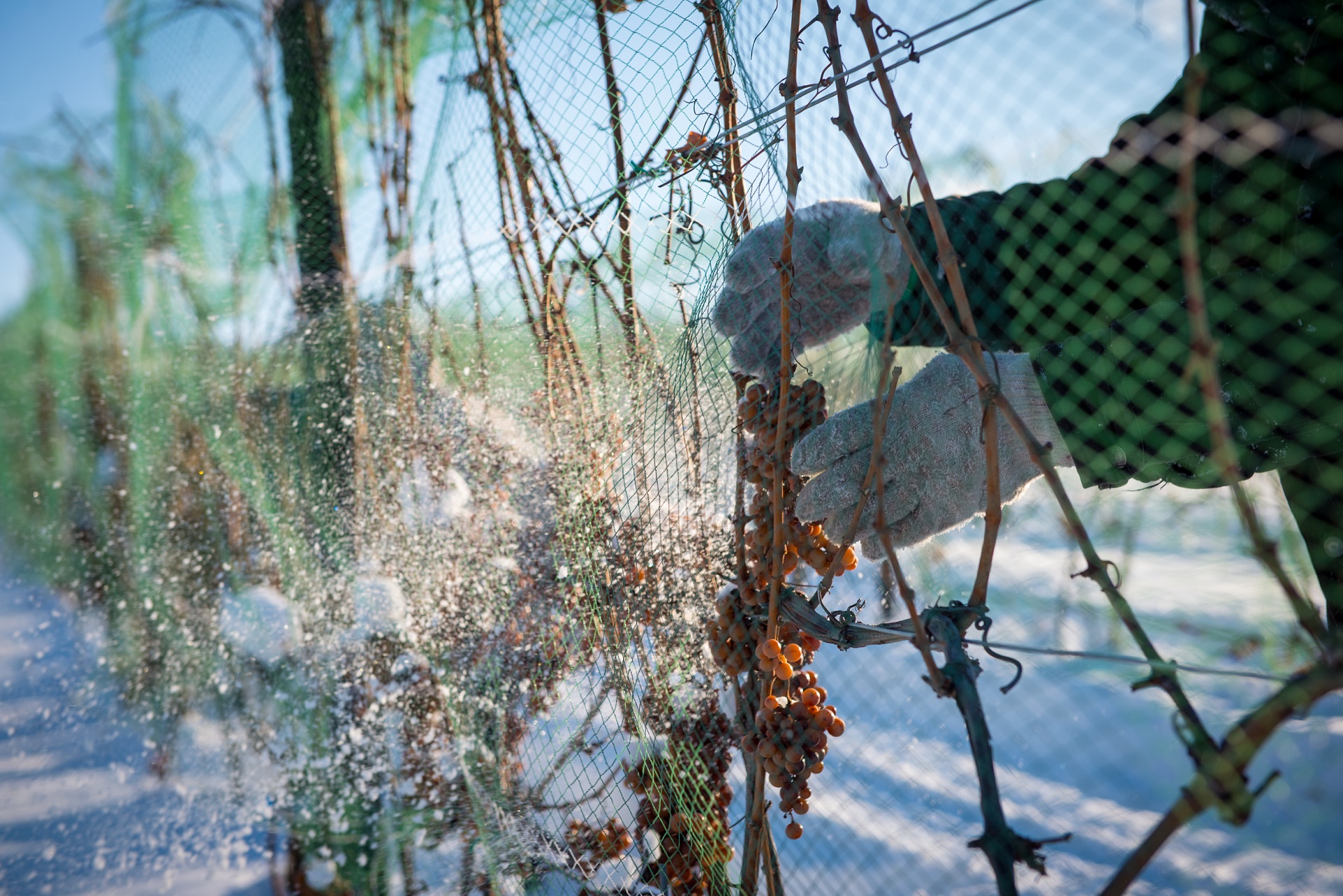
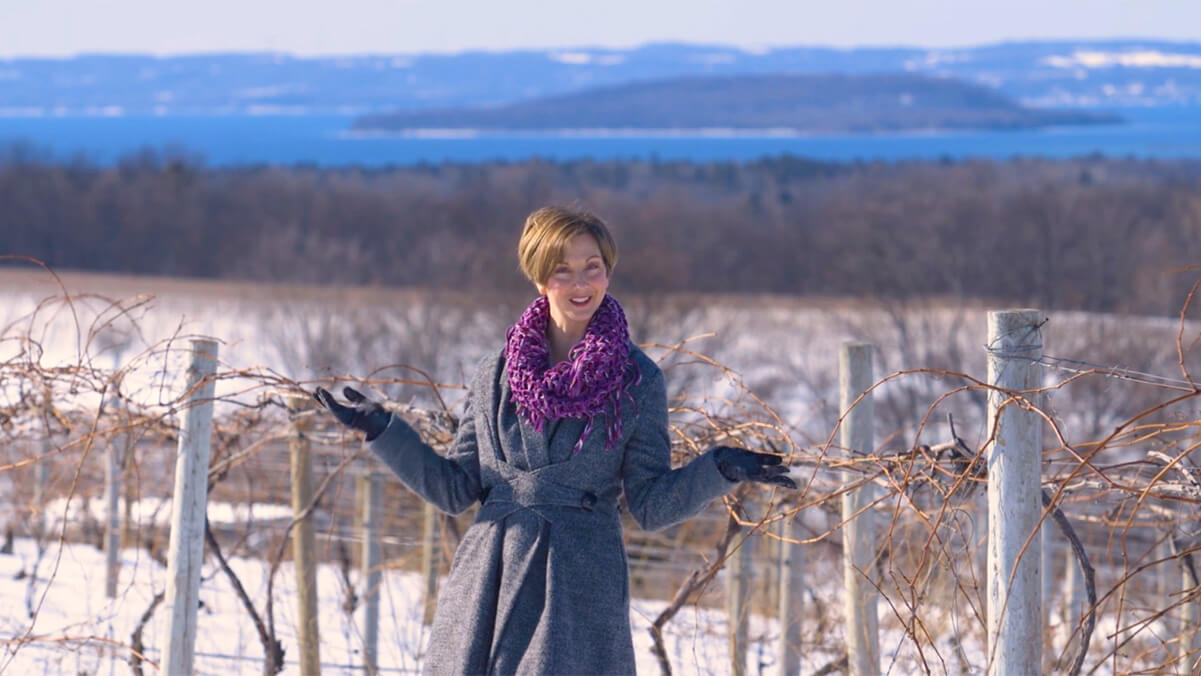
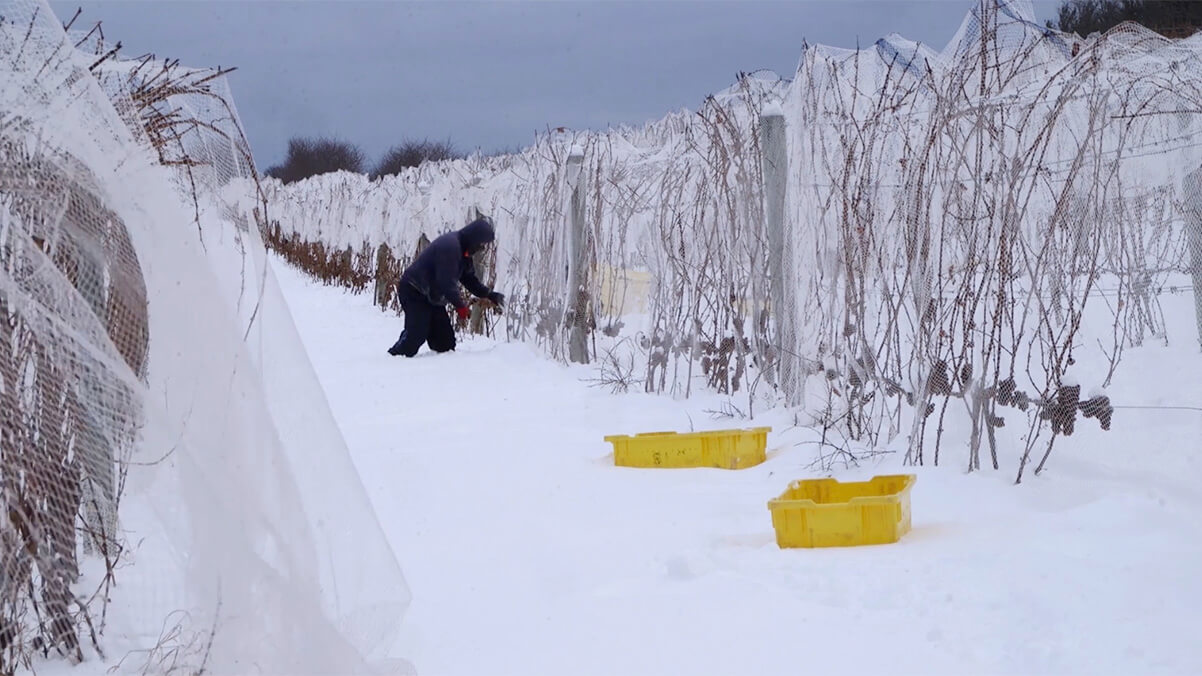
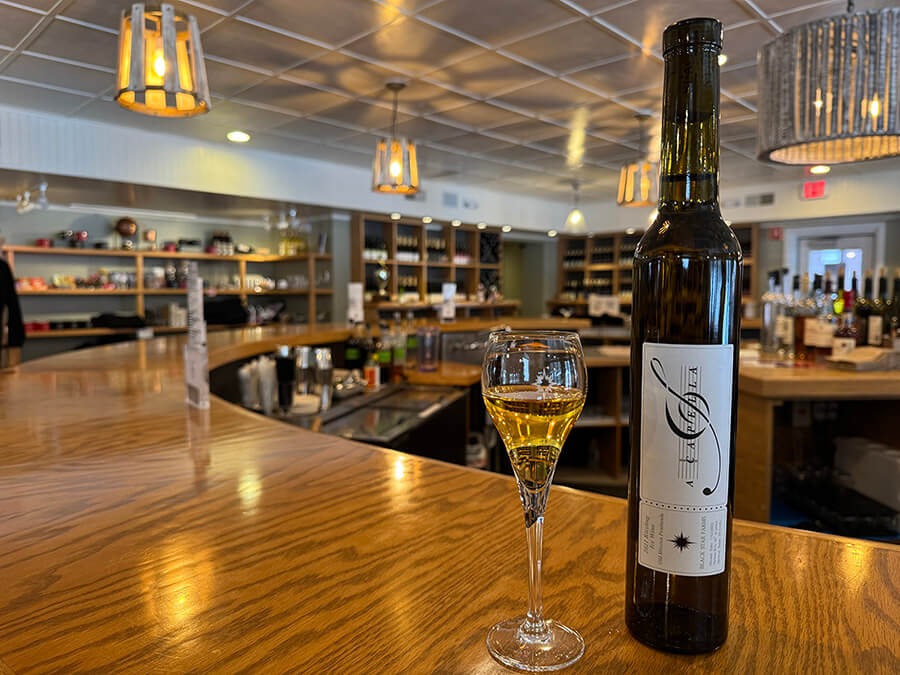
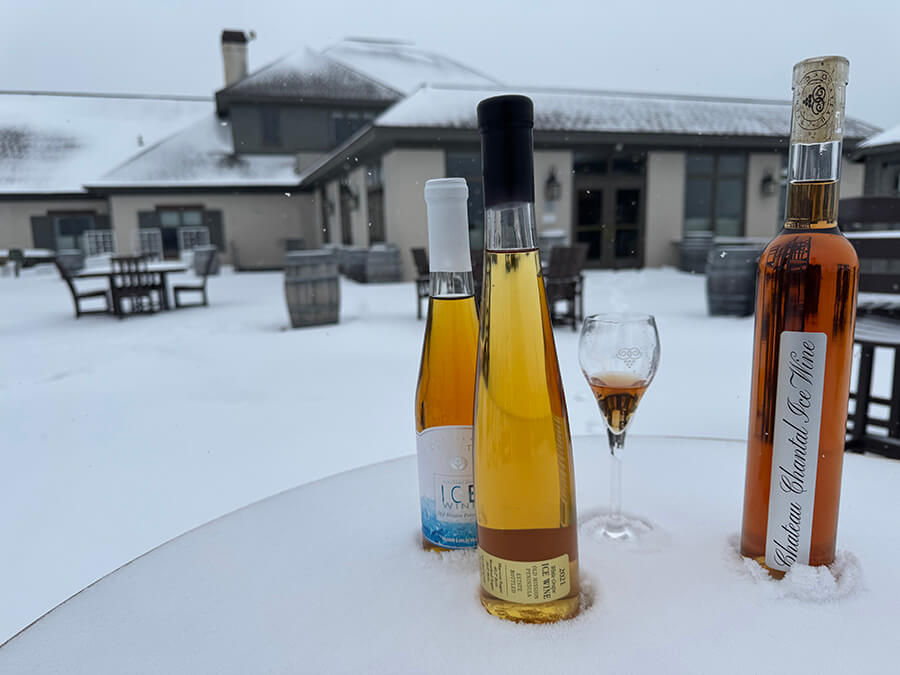
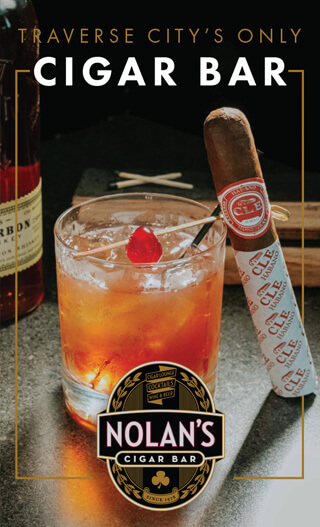



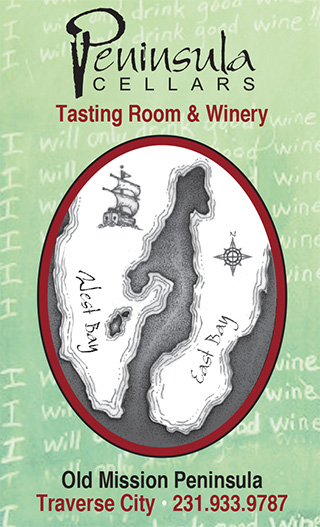
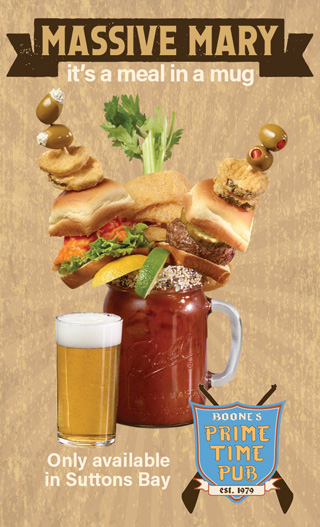

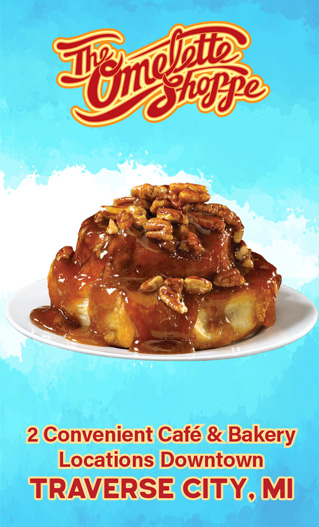
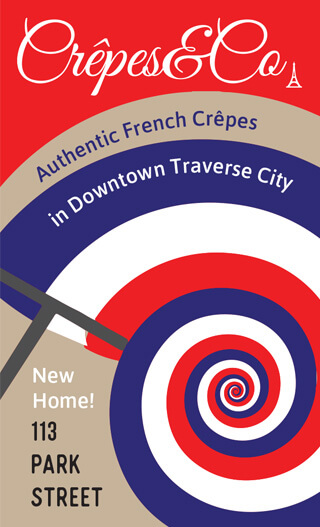











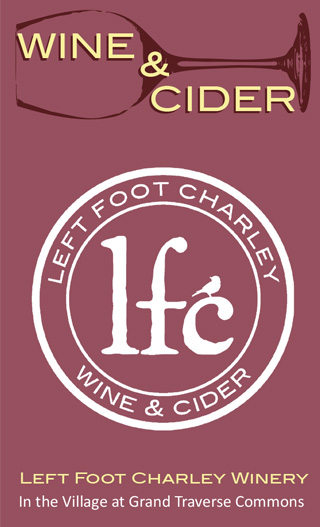
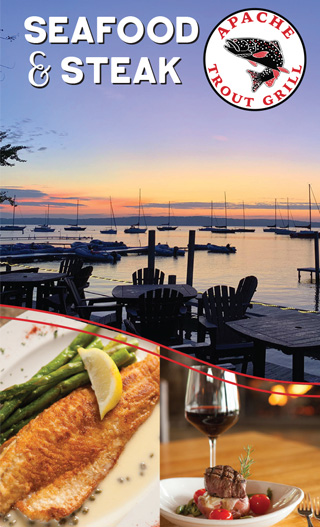
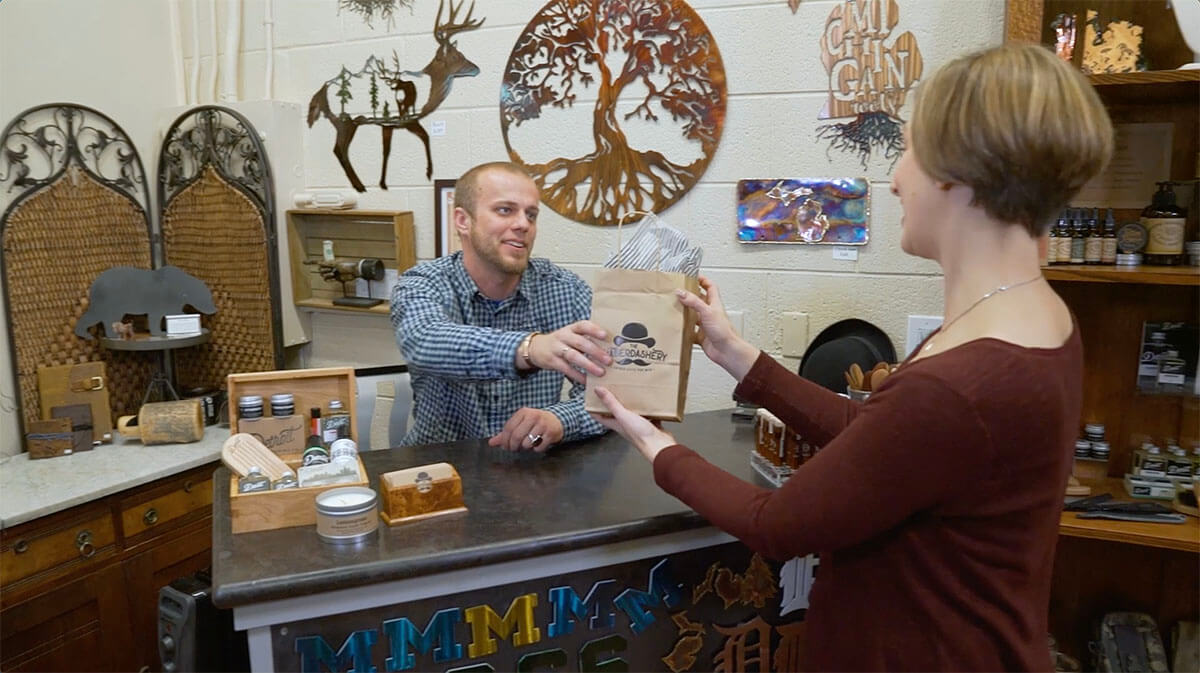
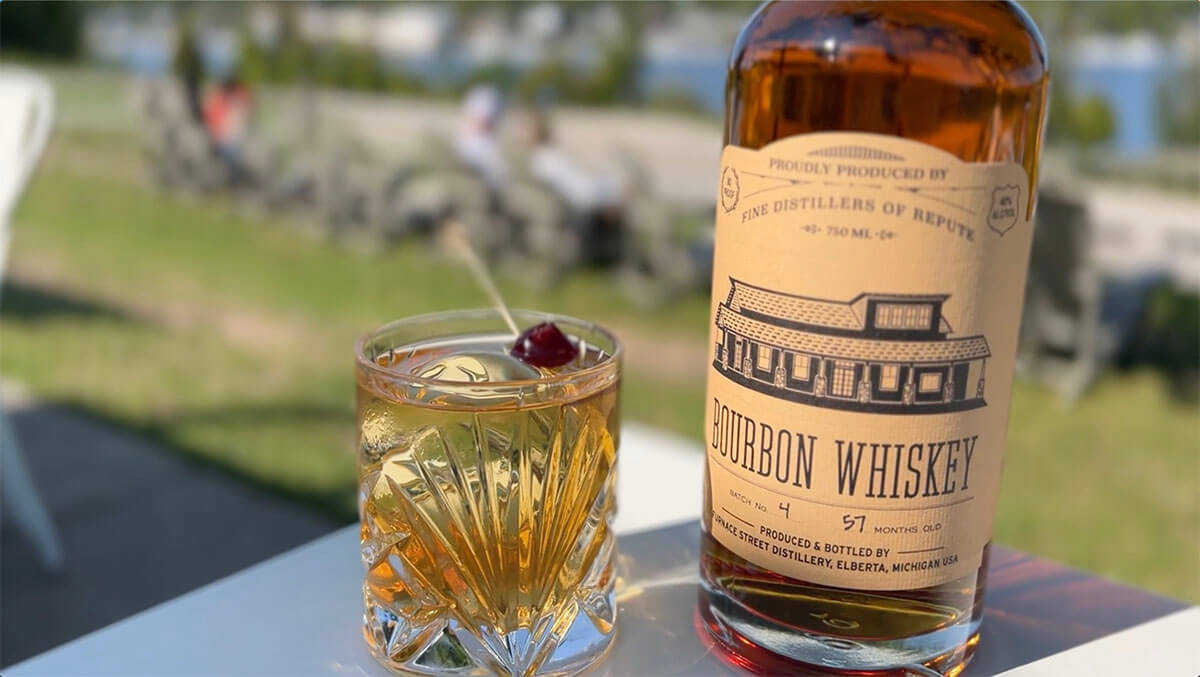

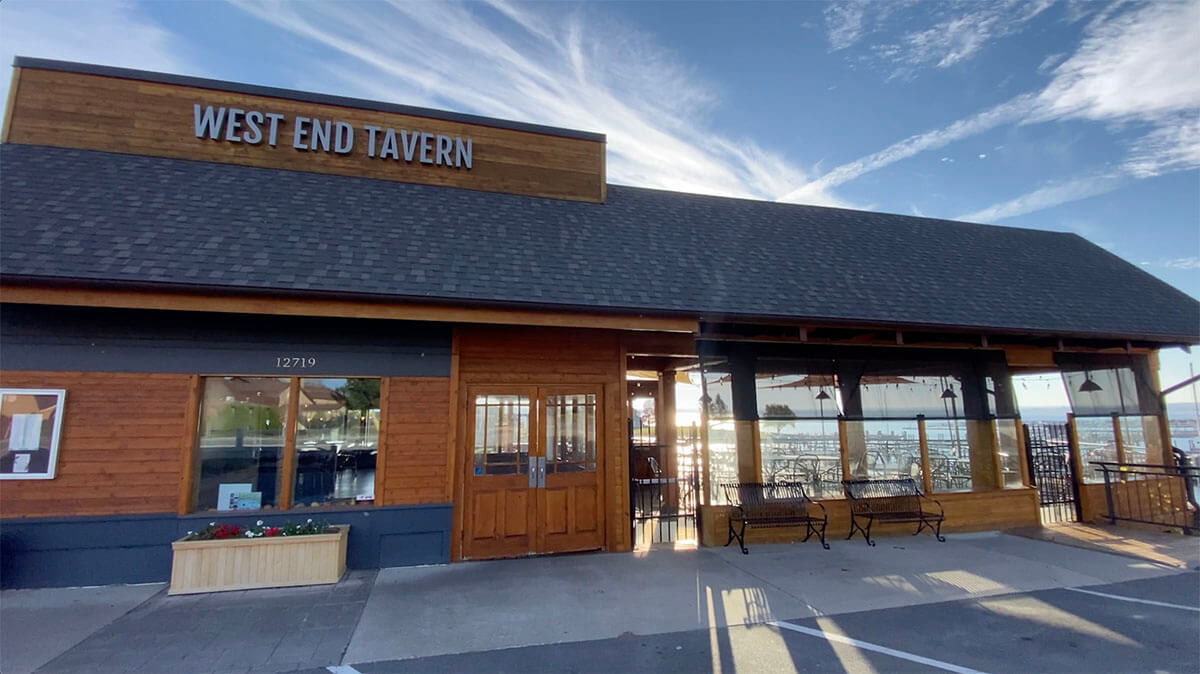
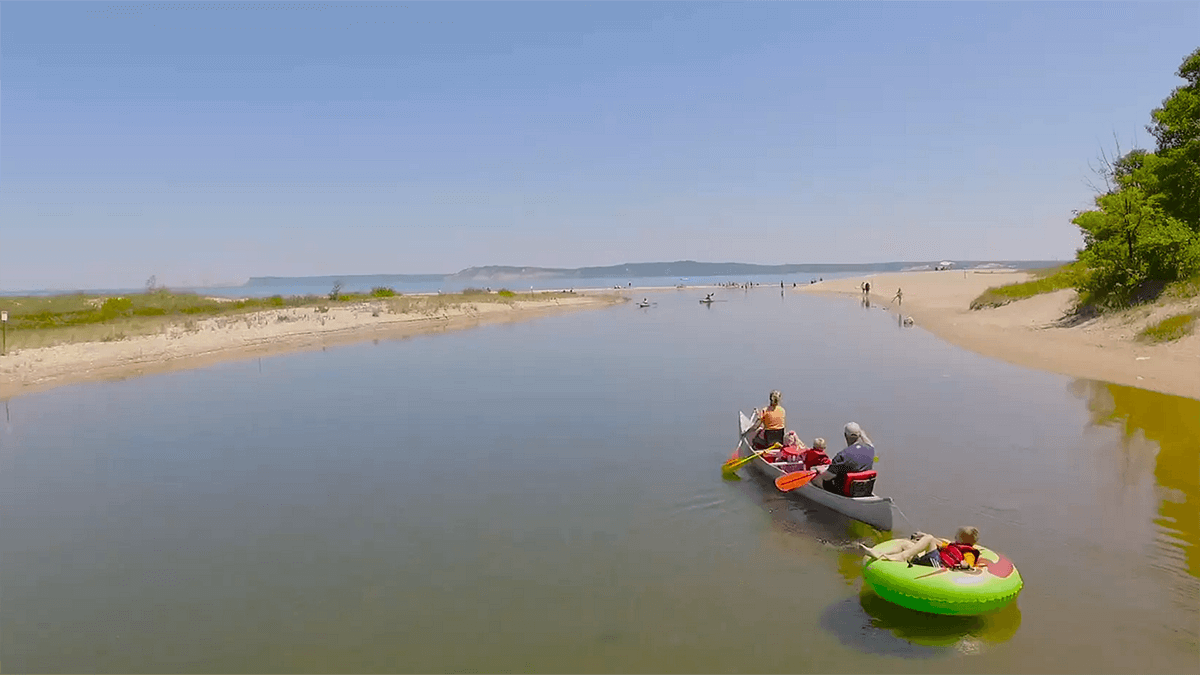
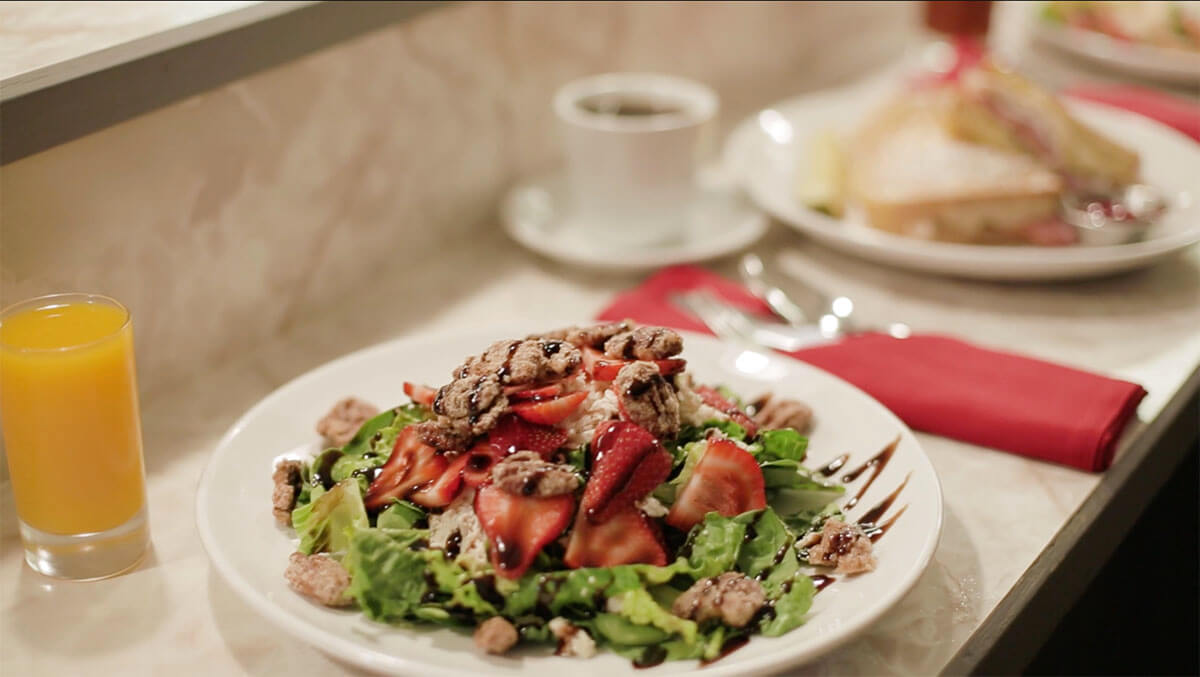
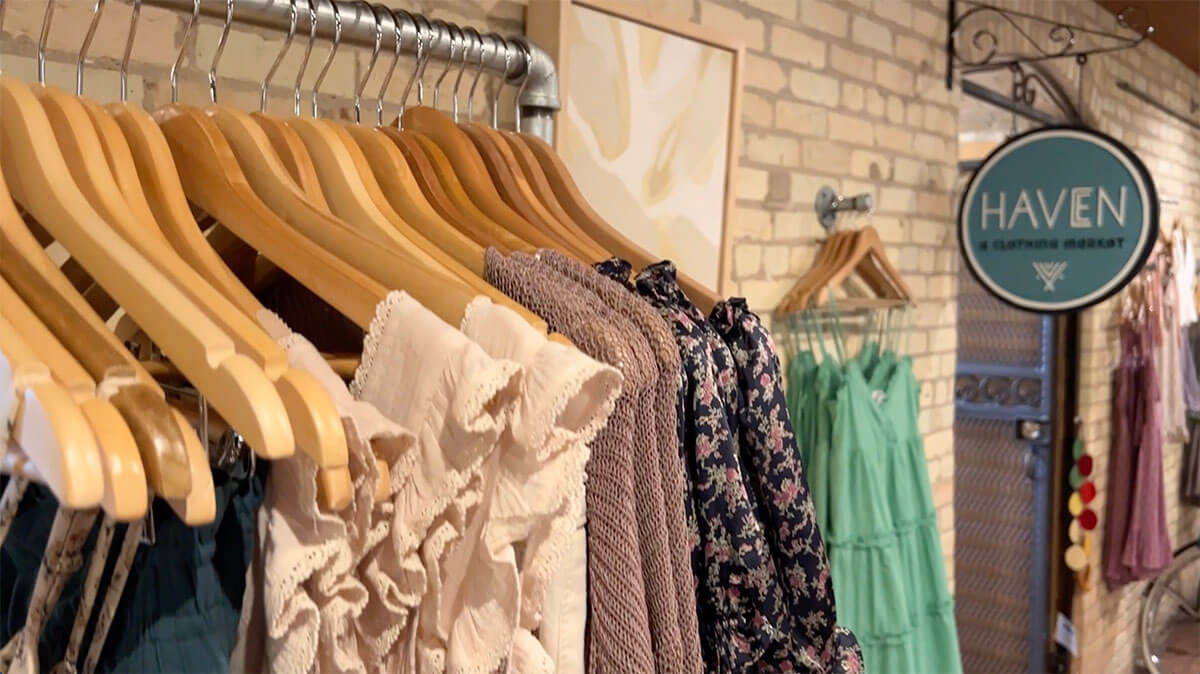
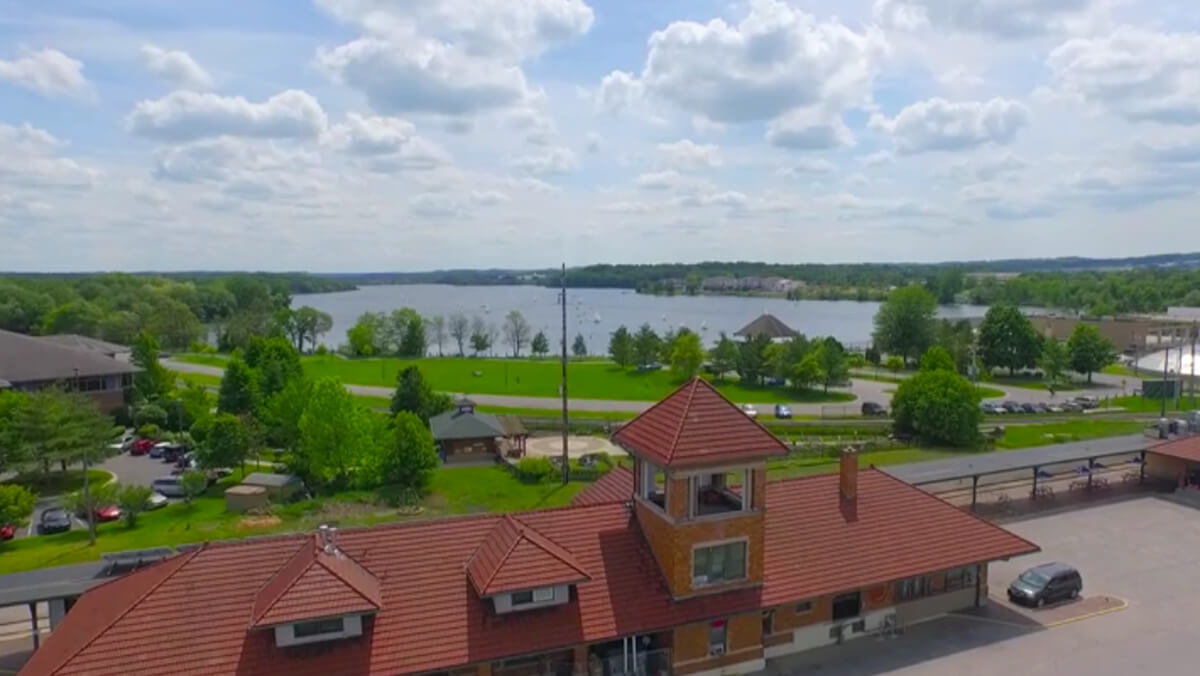

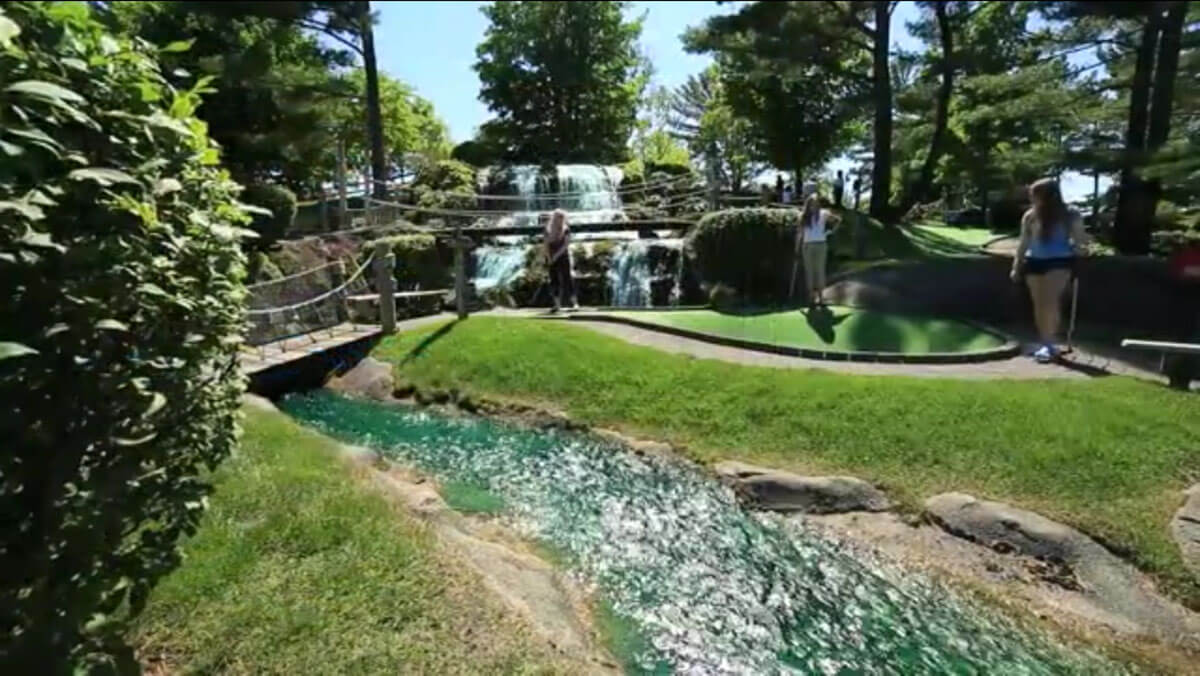
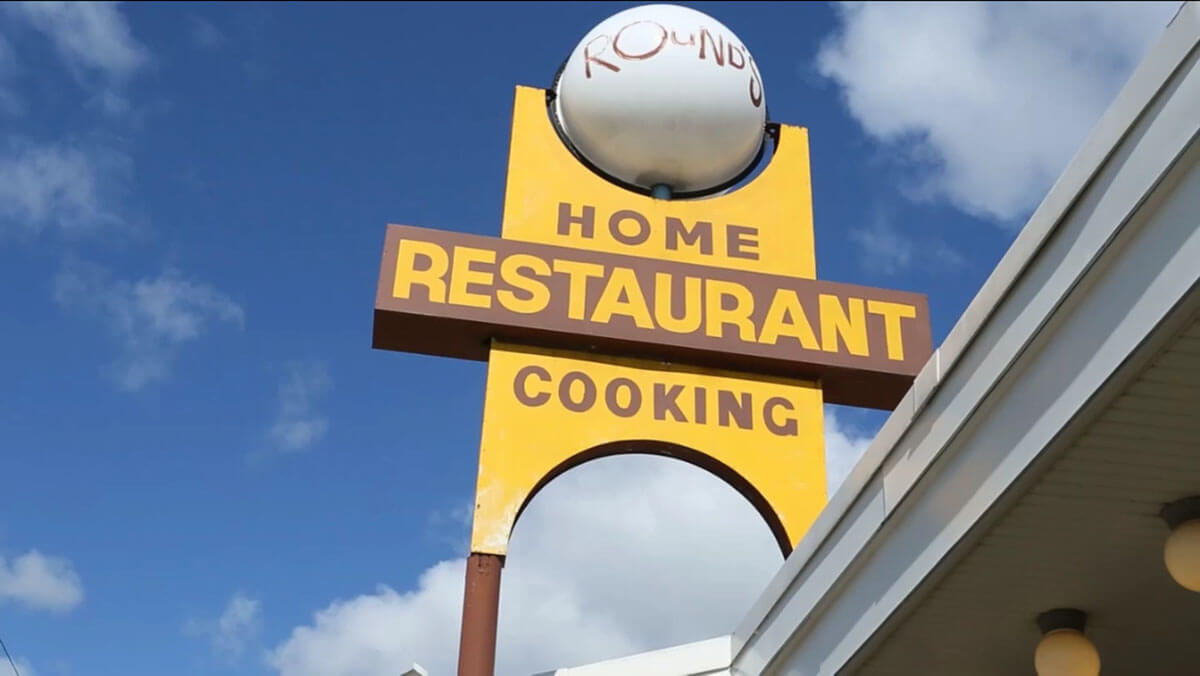
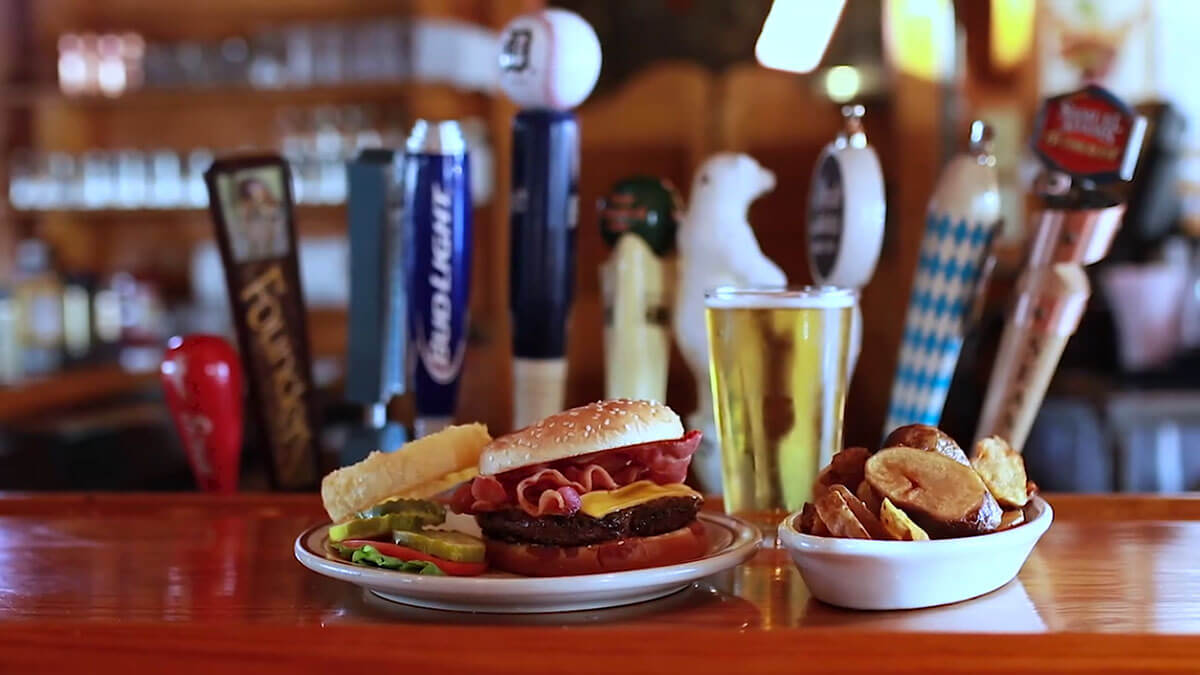
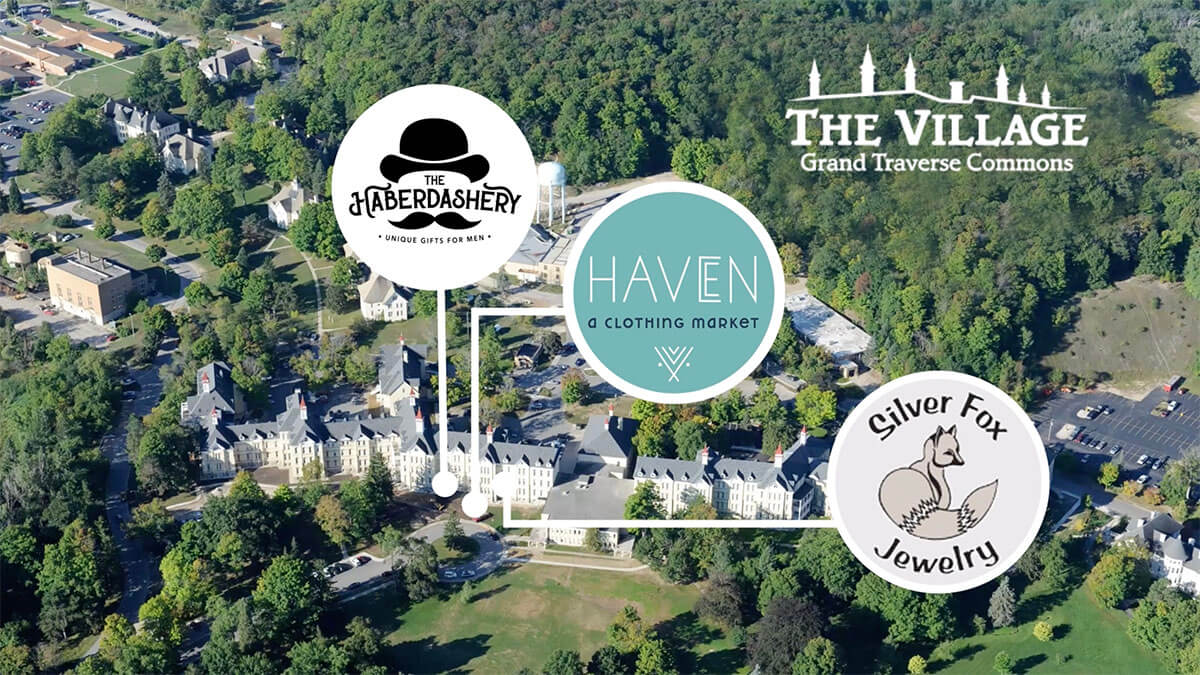
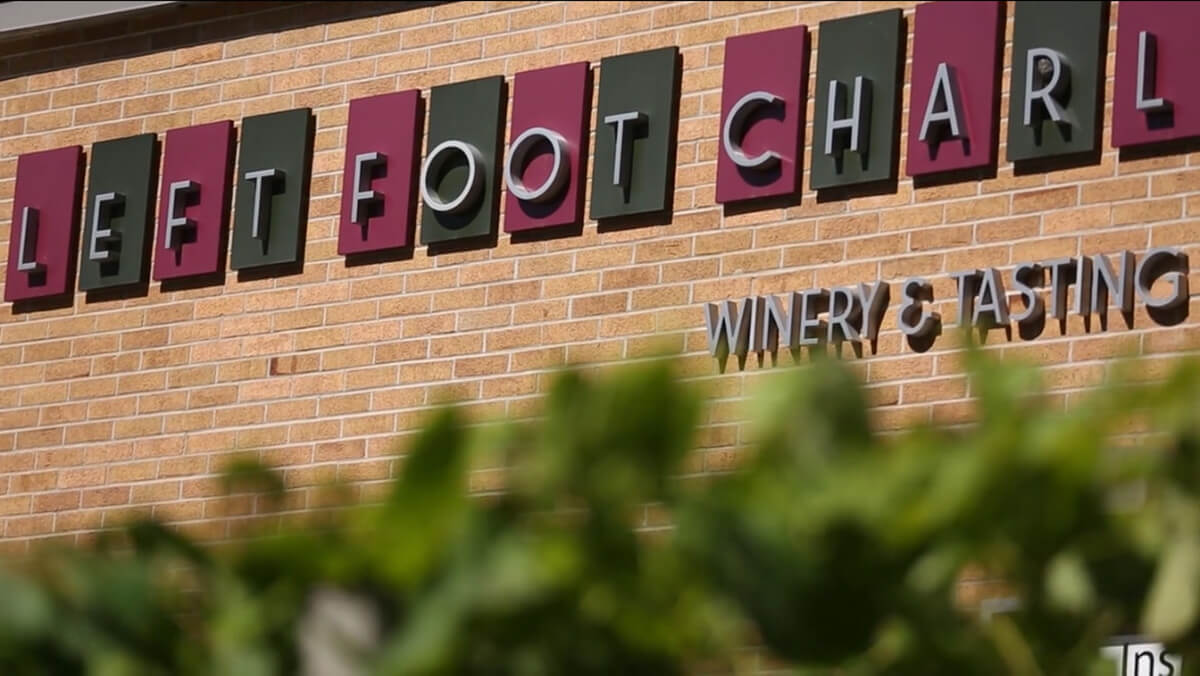
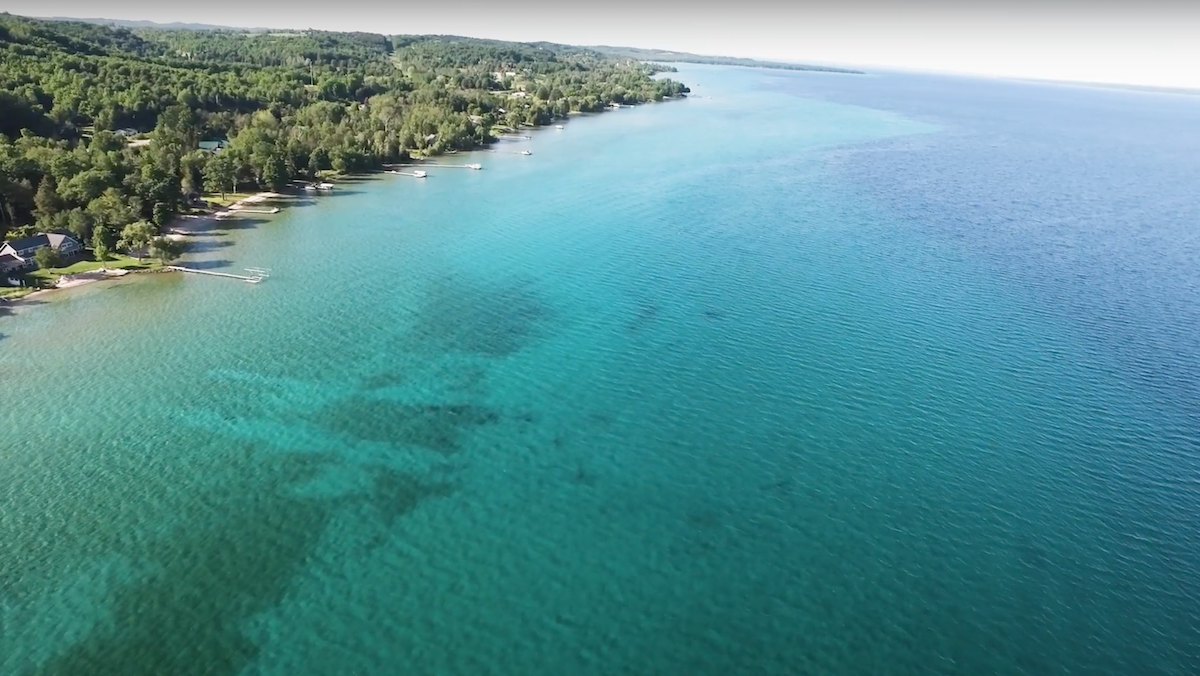
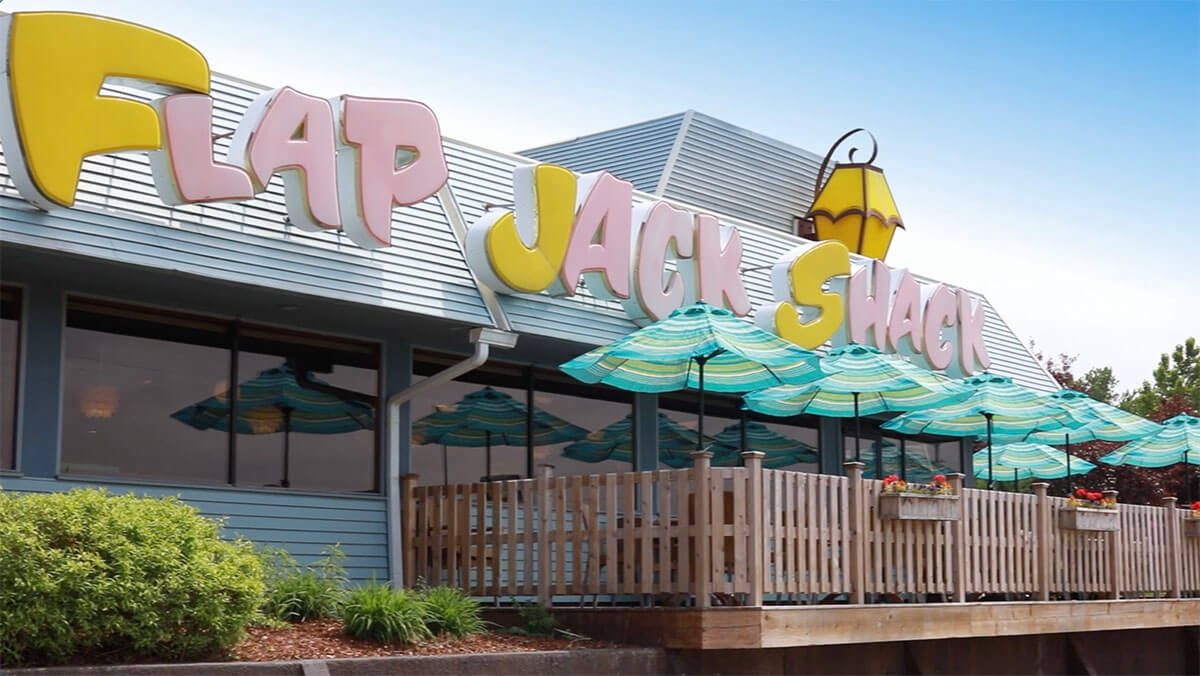
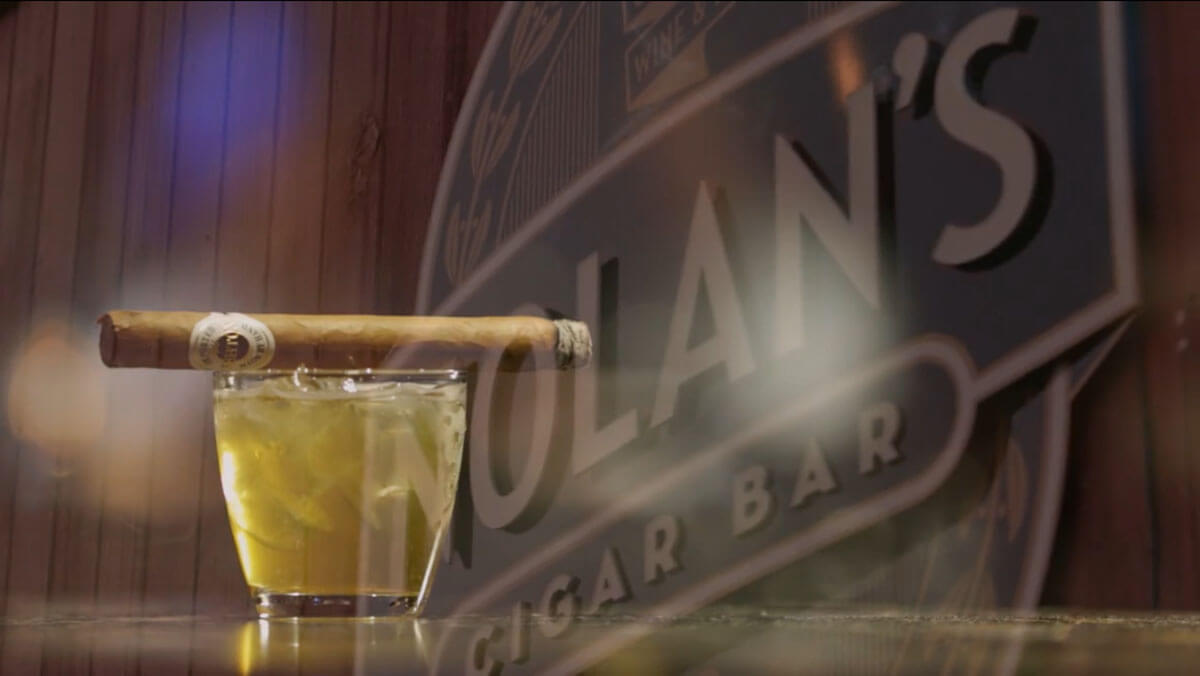
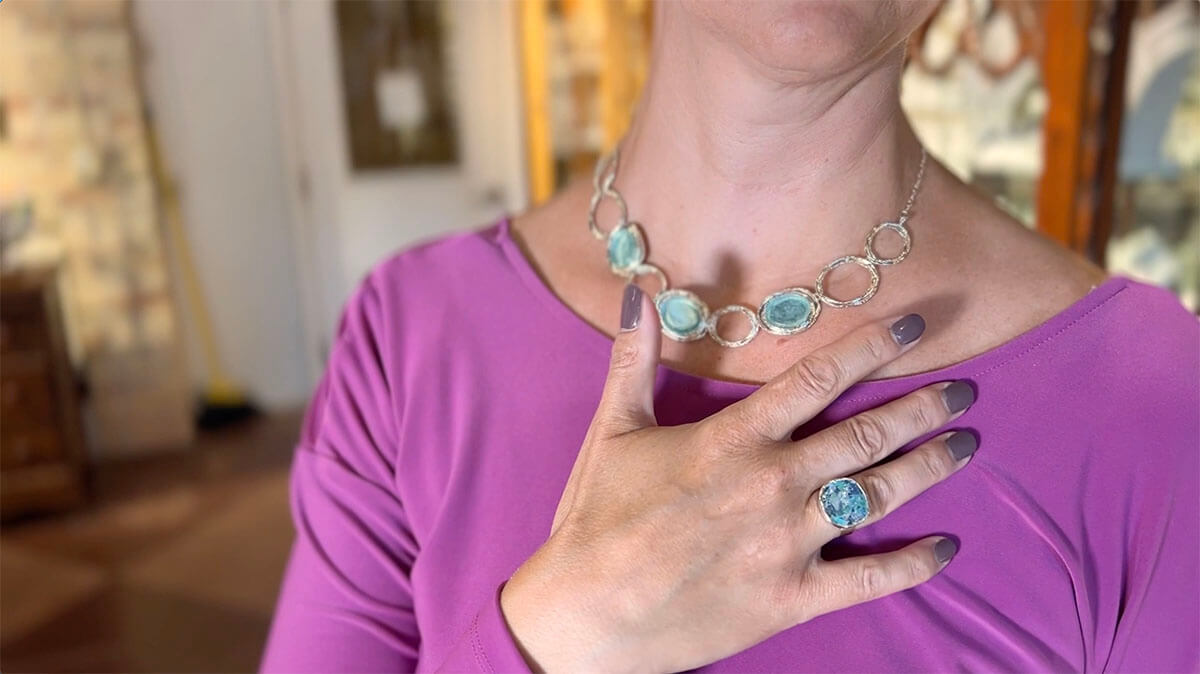
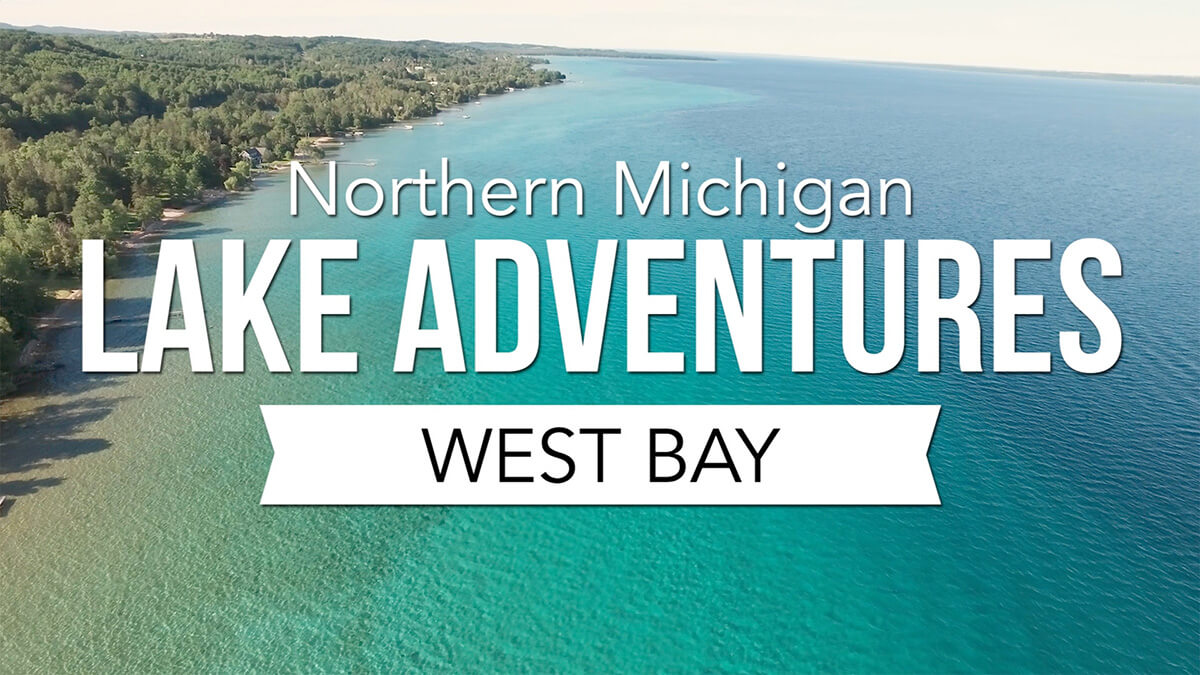

Get Social